Detailed introduction of the West Pomeranian Business School of Szczecin:
Introduction
Located in Szczecin in northwestern Poland, the West Pomeranian Business School is the oldest and largest non-public educational institution in West Pomerania, focusing on providing students with high-quality higher education in the fields of business and economics.
Overview
Student size: The school has students from more than 40 countries, including about 600 international students.
Faculty: With 200 full-time employees, the faculty has rich teaching experience and professional knowledge. Many lecturers not only have academic backgrounds, but are also business operators who can integrate practical experience into teaching.
History and establishment time
The school was established in 1993. Its predecessor was a two-year school that started operating in 1990. "Business College" laid the academic and material foundation for the establishment of the new school.
School Strength
Teaching Quality: The school offers a range of undergraduate, master and graduate courses, including business administration, management, marketing, tourism and entertainment, finance and accounting. The course design aims to provide students with a solid theoretical foundation and practical skills, which is highly valued by employers.
International Cooperation: With a strong international focus, it actively carries out cooperative exchange projects with universities and institutions around the world, attracting a large number of international students to study, providing students with a broad international exchange platform and learning opportunities, which helps to broaden students' international vision.
Practical Opportunities: It has established close partnerships with local companies and organizations, providing students with rich internship and employment opportunities, helping students accumulate practical work experience and improve their employment competitiveness.
Institutional Nature
Non-public, non- For-profit educational institution.
Educational philosophy
Focus on the combination of practice and theory, emphasize the cultivation of students' practical operation ability and problem-solving ability, so that students can better adapt to the needs of the workplace.
Pay attention to the personalized development of students, treat each student individually, and meet the learning needs of different students.
Emphasis on international education, cultivate students' international vision and cross-cultural communication ability to meet the requirements of the global economy for business talents.
Key disciplines and departments
Disciplines: Mainly concentrated in the fields of business and economics, such as business administration, marketing, finance and accounting, tourism management and other majors, which have certain advantages and characteristics in teaching and research.
Department: There is no clear division of multiple departments, but in the above-mentioned key disciplines, corresponding undergraduate, master and graduate course systems are set up to meet the learning needs of students at different levels.
Ranking
In the world Ranked 9391st among 14,131 universities, 2220th among 2785 universities in Europe, 102nd among 127 universities in Poland, and 5th among 5 universities in Szczecin.
Expenses
Undergraduate tuition: about 6000 PLN per semester.
Master's tuition: about 7000 PLN per semester.
Postgraduate tuition: about 4000 PLN per semester.
Campus
Teaching facilities: The school is equipped with modern teaching facilities, such as computer rooms, multimedia classrooms, libraries, etc., to provide students with a good learning environment. The library has a rich collection of books and electronic resources to meet students' learning and research needs.
Campus activities: Campus life is rich and colorful, with various student organizations, club activities and cultural activities. The school often holds academic lectures, seminars, business competitions and other activities to enrich students' extracurricular life, promote exchanges and cooperation among students, and cultivate students' comprehensive qualities and team spirit.
-
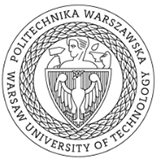
Warsaw University of Technology
-

Poznan University of Life Sciences
-
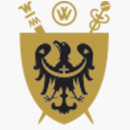
Wroclaw Medical University
-

Nicolaus Copernicus University
-
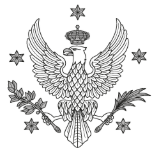
University of Warsaw
-
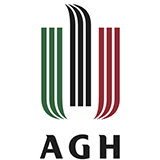
AGH University of Science and Technology
-

Silesian University of Technology
-
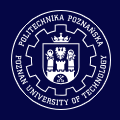
Poznan University of Technology
-

Jagiellonian University
-
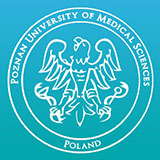
Poznan University of Medical Sciences
-

Mesoamerican University
-

Istmo University
-

Mariano Galvez University of Guatemala
-

Regional University of Guatemala
-

Galileo University
-

Francisco Marroquín University
-

Rafael Landívar University
-

University of the Valley of Guatemala
-

University of San Carlos of Guatemala
-

Technological Institute of Tlaxcala Plateau
-

Golfo University
-

Technological University of South Sonora
-

Technological University of Huejotzingo
-

Tizimín Institute of Technology
-

Chilpancingo Institute of Technology

